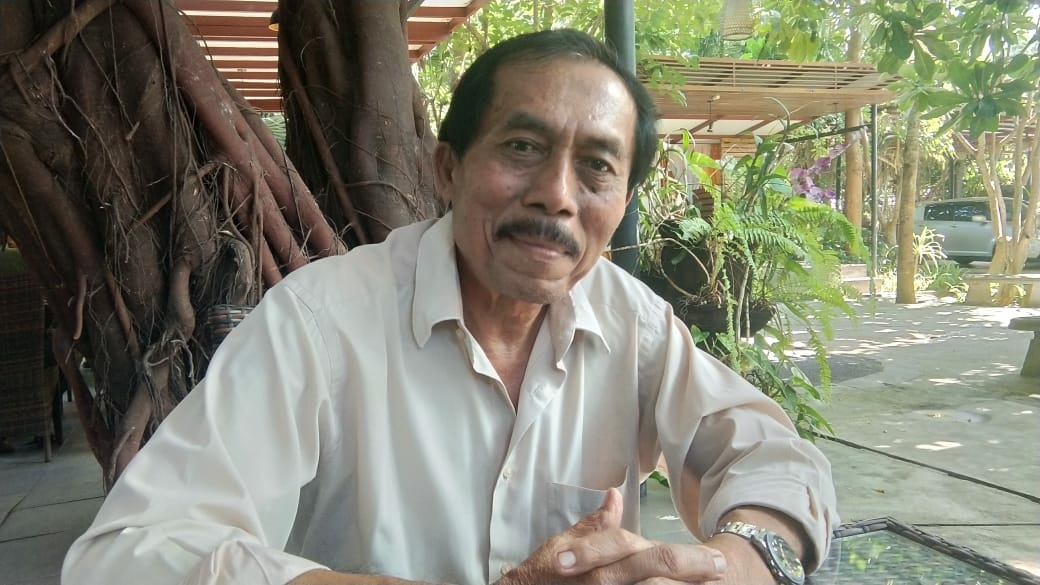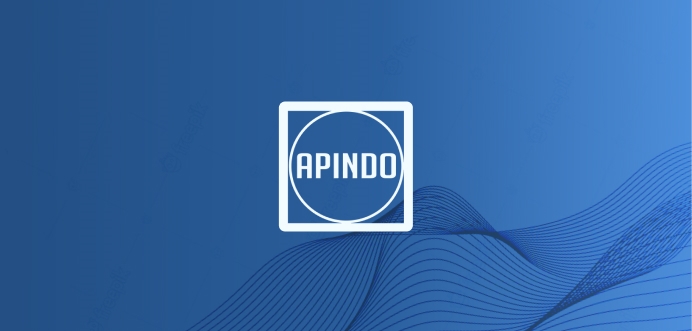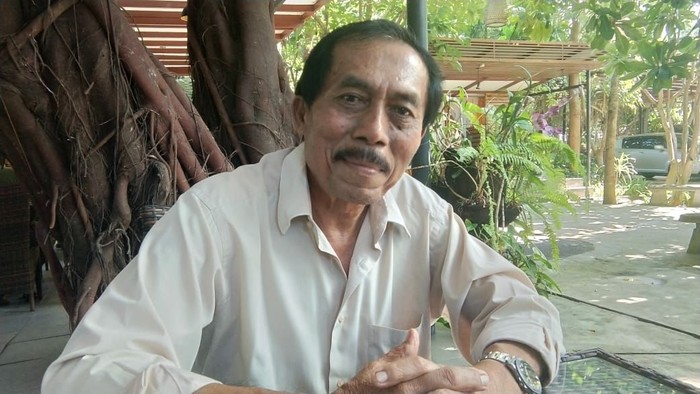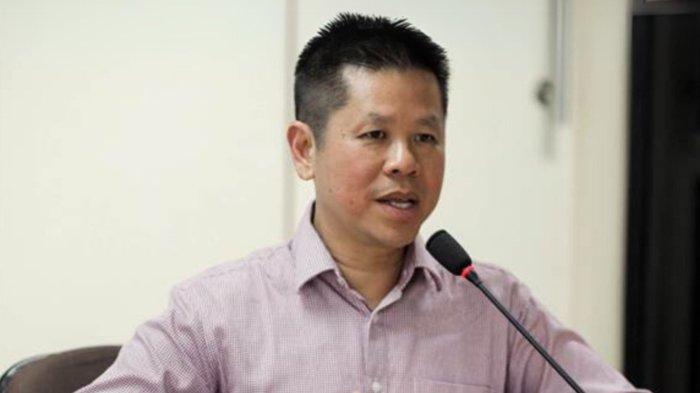APINDO Bali Urges Governor to Reconsider Ban on Bottled Water Production Under One Liter
Wednesday, 09 April 2025
Bali – The Indonesian Employers’ Association (APINDO) Bali has expressed concern over the circular letter (SE) issued by Bali Governor I Wayan Koster, which prohibits the production of bottled drinking water (AMDK) in containers smaller than one liter. APINDO believes the ban could harm not only business owners but also local communities who depend on the sale of such products for their livelihood.
“While the intention behind the policy is commendable—since the circular addresses the issue of waste—it is regrettable that it goes as far as banning the production of bottled water under one liter. This constitutes a significant intervention into the food and beverage sector,” said I Nengah Nurlaba, Chairman of APINDO Bali.
He stated that the Governor’s directive could severely disrupt the operations of both large-scale and small-scale AMDK producers in Bali.
“I sincerely hope that the upcoming dialogue between the Bali Provincial Government and AMDK producers scheduled for April 11 will result in a constructive solution. I also hope the government will reconsider this policy,” he added.
Nurlaba further called on Governor Koster to adopt a more prudent approach regarding the circular.
“We urge the Governor to carefully reconsider the policy so that MSME entrepreneurs and small retailers in the community are not adversely affected,” he emphasized.
Previously, the Indonesian Bottled Water Companies Association (Aspadin) also expressed objections to the policy. Aspadin’s National Chairman, Rachmat Hidayat, said that while the association is still reviewing the contents of Governor Koster’s circular, the prohibition on the production and distribution of plastic bottled water under one liter could have negative implications for the industry.
“Reading the circular, it clearly states a ban on production and distribution. This will certainly have adverse effects on both industry and trade,” Rachmat said.
Nevertheless, Aspadin reaffirmed its commitment to environmental concerns. Rachmat explained that AMDK packaging currently has one of the highest recycling rates in Indonesia, and manufacturers are continuously innovating to become more eco-friendly.
“For example, the plastic used for AMDK bottles today is significantly lighter than in previous years,” he noted.
Rachmat added that Aspadin plans to hold discussions with the Ministry of Trade and the Bali Provincial Government to find a mutually beneficial resolution to the issue.
“We are working step-by-step on the recycling issue across all sectors. In the future, using reusable tumblers could become a common tradition in Bali,” he concluded.
Source: www.sinarharapan.net









